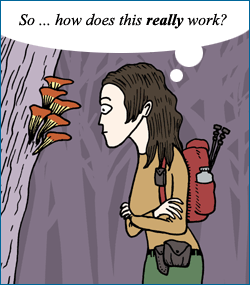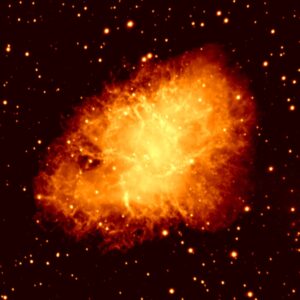 You might have noticed that in this website, we talk about science providing us with “accurate” and “reliable” explanations. Even though science is often characterized as such, we do not describe it as a search for truth. Why not? After all, scientists strive to build knowledge about the natural world that corresponds to the way the world really works. Doesn’t that mean that they’re seeking the truth?
You might have noticed that in this website, we talk about science providing us with “accurate” and “reliable” explanations. Even though science is often characterized as such, we do not describe it as a search for truth. Why not? After all, scientists strive to build knowledge about the natural world that corresponds to the way the world really works. Doesn’t that mean that they’re seeking the truth?
Science does try to build true knowledge of how the world works, but there are other sorts of knowledge that people also call “the truth.” For example, many have faith in spiritual truths, yet science cannot investigate this truth at all — or even tell us whether it exists. Others are interested in cultural truths, which reflect the common beliefs and values of a particular culture and which science is not aimed at building. To complicate matters further, in some domains, truth may be relative or subjective, but the truths that science aims at building are ones that reflect the way the natural world actually works — regardless of one’s point of view. To avoid confusion over the sorts of true ideas that science can discover, this website simply describes science as building “accurate” or “reliable” knowledge.

However we choose to talk about it, it’s important to remember that to be interested in scientific truth, one doesn’t have to reject other sources of meaning. Many scientists, spiritual leaders, and everyday folks alike see profound meaning in both their spiritual and scientific beliefs. For example, Francis Collins, a well-known biologist and former director of the National Human Genome Research Institute, has been outspoken about the compatibility of his faith in spiritual matters and his scientific outlook on the natural world. Similarly, some religious organizations, like the Vatican — which hosts scientific conferences for astronomers and even runs its own observatory — have emphasized the lack of conflict between science and religion. Science and spiritual matters can peacefully and productively coexist.
Learn more about the relationship between religion and science in Science and religion: Reconcilable differences.
